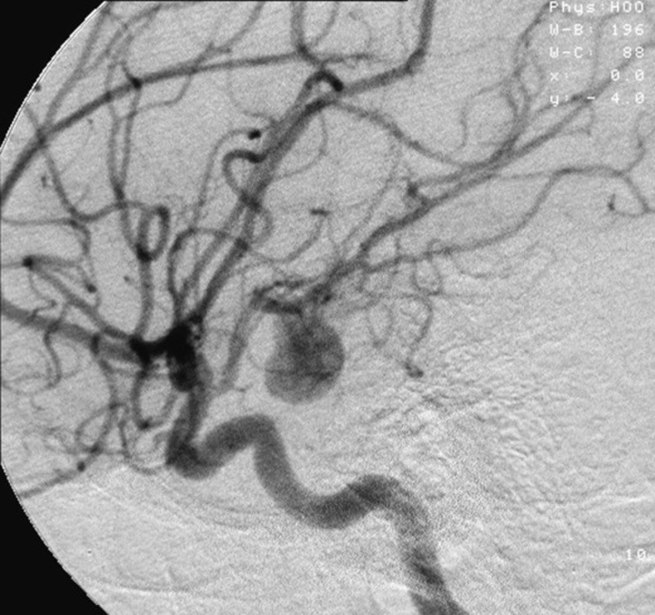
Main Difference
The main difference between Aneurysm and Embolism is that the Aneurysm is a bulge in the wall of a blood vessel and Embolism is a disease of arteries, arterioles and capillaries.
-
Aneurysm
An aneurysm is a localized, abnormal, weak spot on a blood vessel wall that causes an outward bulging, likened to a bubble or balloon. Aneurysms are a result of a weakened blood vessel wall, and may be a result of a hereditary condition or an acquired disease. Aneurysms can also be a nidus for clot formation (thrombosis) and embolization. The word is from Greek: ἀνεύρυσμα, aneurysma, “dilation”, from ἀνευρύνειν, aneurynein, “to dilate”. As an aneurysm increases in size, the risk of rupture increases, leading to uncontrolled bleeding. Although they may occur in any blood vessel, particularly lethal examples include aneurysms of the Circle of Willis in the brain, aortic aneurysms affecting the thoracic aorta, and abdominal aortic aneurysms. Aneurysms can arise in the heart itself following a heart attack, including both ventricular and atrial septal aneurysms.
-
Embolism
An embolism is the lodging of an embolus, a blockage-causing piece of material, inside a blood vessel. The embolus may be a blood clot (thrombus), a fat globule (fat embolism), a bubble of air or other gas (gas embolism), or foreign material. An embolism can cause partial or total blockage of blood flow in the affected vessel. Such a blockage (a vascular occlusion) may affect a part of the body distant to the origin of the embolus. An embolism in which the embolus is a piece of thrombus is called a thromboembolism.
An embolism is usually a pathological event, i.e., accompanying illness or injury. Sometimes it is created intentionally for a therapeutic reason, such as to stop bleeding or to kill a cancerous tumor by stopping its blood supply. Such therapy is called embolization.
-
Aneurysm (noun)
An abnormal blood-filled swelling of an artery or vein, resulting from a localized weakness in the wall of the vessel.
-
Embolism (noun)
An obstruction or occlusion of an artery by an embolus, that is by a blood clot, air bubble or other matter that has been transported by the blood stream.
-
Embolism (noun)
The insertion or intercalation of days into the calendar in order to correct the error arising from the difference between the civil year and the solar year.
-
Embolism (noun)
An intercalated prayer for deliverance from evil coming after the Lord’s Prayer.
